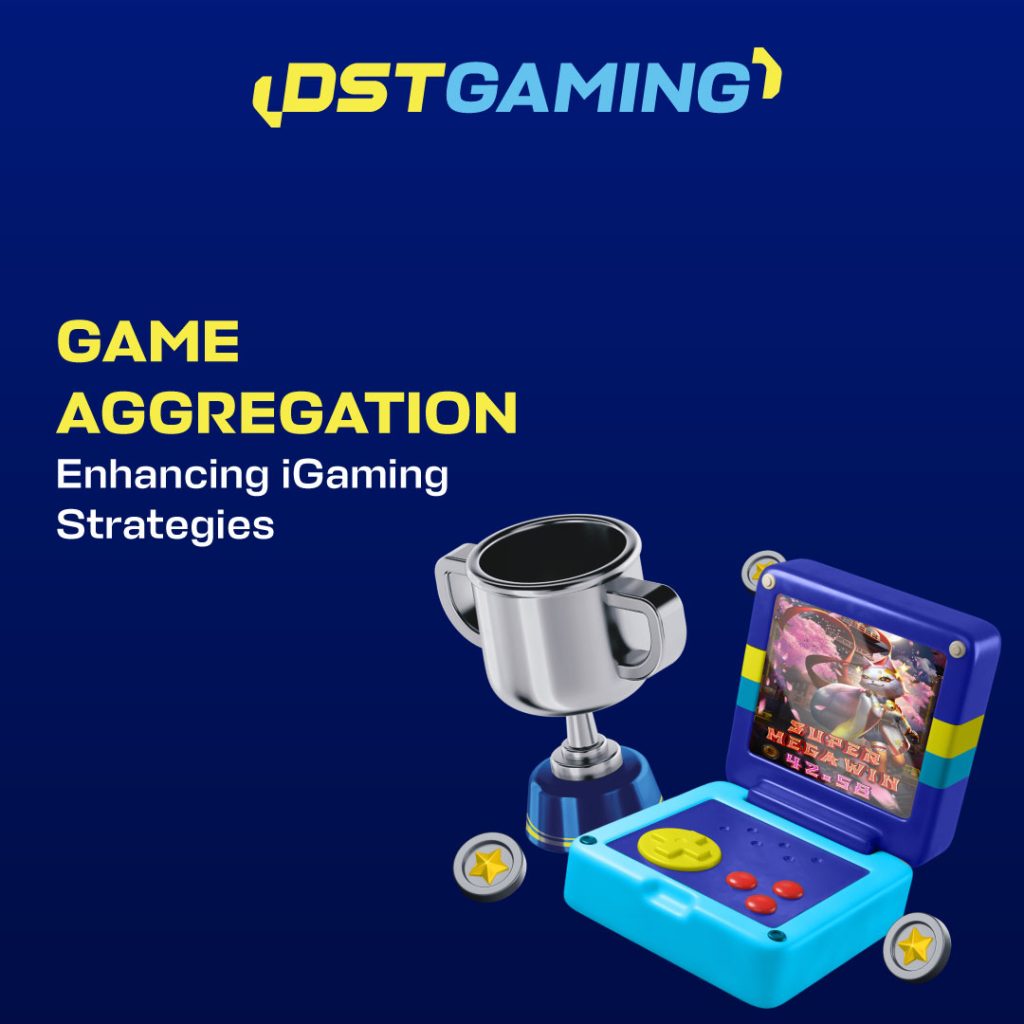Proper nutrition is a pillar of a healthy lifestyle, which plays a crucial role from the very first days of our lives. It provides the body with essential nutrients necessary for the effective functioning of various systems and overall well-being — first for growth and later for maintaining health. Meeting a basic human need, food replenishes depleted energy, vital for all activities, particularly physical and mental efforts.
Along with other means of influence, nutrition is a significant player in mood management and cognitive functioning. Given its significance for mental health, many healing approaches, including theliven app, emphasize the special role of adequate nutrition in overall coping plans. Situated at the intersection of other integral factors, these strategies vary based on individual characteristics, with digital assistants effectively integrated into the recovery journey.

The Science Behind Proper Nutrition
Various physiological mechanisms influence how a balanced diet affects our emotional and overall mental well-being. How we eat is directly related to how we feel throughout the day. Optimal brain function is impossible without a continuous supply of nutrients, including minerals, vitamins, and antioxidants. A sharp decline in their intake can result in insufficient nourishment for the brain and reduced protection against oxidative stress, which can significantly damage neurons. Choosing diets that prioritize processed foods over essential nutrients can lead to cognitive impairments and exacerbate mood disorders.
Mental disorders such as depression and anxiety serve as triggers for inflammation and oxidative stress in the body. Increased consumption of vegetables and fruits can help mitigate these effects. Sudden mood swings and irritability can result from fluctuations in blood sugar levels, necessitating an increase in proteins, and healthy fats to stabilize emotions.
Modulation of Neurotransmitters
Adequate nutrition is vital for the production and regulation of neurotransmitters, ensuring communication between neurons in the brain. Almost 100% of serotonin, awarded as the “feel-good” hormone, is found in the gut, while the neurotransmitters produced in the brain play a central role in mood regulation. By incorporating sufficient fruits, vegetables, lean proteins, healthy fats, and whole grains into menu, you support the production of neurotransmitters, paving the way for a consistently improved mood.
Connection Between the Gut and the Brain
The gut’s enteric nervous system (ENS) comprises several hundred million nerve cells intertwined in a complex network. It communicates bidirectionally with the brain and influences mood and emotional health. The gut microbiome is composed of trillions of bacteria, crucial for controlling emotional responses from various angles such as regulating inflammation levels and neurotransmitter production. Probiotics, fermented foods, and fiber are responsible for maintaining and improving gut health.
Given its comprehensive influence on emotional stability and overall mental health, nutrition is integral to successful therapy. Integrative approaches, such as in-person sessions or online applications, include diet recommendations, which significantly enhance progress on the path to healing. Additionally, cultivating healthy habits will serve as valuable companions throughout life.
Identifying Nutritional Deficiencies
Underlying various mental disorders may be deficiencies in nutrients that impact mood regulation. Their identification and replenishment are critical for returning to a natural rhythm of life while addressing mood issues and overall well-being. The roots may lie in the following:
- A deficiency of the relaxant and mood regulator Magnesium can trigger anxiety and depression, often as a result of excessive processed foods consumption.
- Low levels of omega-3 fatty acids, a critically important element for brain health and functioning, often lead to depression and other disorders.
- Vitamin D deficiency is common in Seasonal Affective Disorder (SAD) and depression, particularly among homebodies with limited sun exposure.
- Deficiencies in B vitamins, crucial for energy replenishment, can disrupt neurotransmitter production and lead to mood disorders.
A professional therapist will help in identifying specific nutrient deficiencies. While you can certainly get the appropriate blood tests done independently, consulting a healthcare provider will clarify all the details and provide invaluable insights. Keeping a food diary will be an effective tool for tracking nutrient intake and identifying deficiencies while filling dietary gaps. Digital products will make this even more convenient.
Mindful Eating
Balanced diets, regular check-ins, and avoiding harmful foods offer undeniable benefits for maintaining emotional health through the nutrition-mental health connection. However, the core of this complex approach is mindful eating — a practice aimed at increasing awareness and fostering a healthier relationship with food. This approach, which enhances both internal and external well-being, is based on more mindful monitoring of satiety and hunger. It signifies the end of all cheat meals and overeating — pay close attention to your physical hunger signals and eat only when you genuinely feel them.
The lion’s share of obstacles to an aware eating experience comes from distractions. Turn off the TV, put your smartphone away, chew thoughtfully, and you’ll be amazed at how each new bite of your favorite food comes alive with flavor. Sometimes, our desire to eat may mask simple boredom or severe stress, making the timely identification of emotional food triggers crucial.
And, of course, don’t rush! Food can seem so delicious that we don’t notice how our plate suddenly empties. Savor each bite by chewing slowly, and let regular gratitude practice further elevate the overall experience.

Additional Nutrition-Based Strategies
Against the backdrop of diverse influences, the ways to incorporate nutrition-related practices into one’s lifestyle for improving mental well-being can take the most unexpected turns. Even buying colorful plates can bring a fresh touch to your daily routine, positively affecting your emotional state through food. Trying new recipes and ingredients will also lift your mood, while being more attentive to your cravings and sensations will show you that what nourishes you is not only physical but also emotional.
Keeping a food diary is a beneficial mindful eating practice, which will help you better understand the foods you consume. Sharing meals with family or friends enhances your experience while creating a supportive network. Don’t hesitate to seek help from a professional. As the time spent will equip you with the best strategies for implementing nutritious practices.
Conclusion
Nutrition has long gone beyond the simple satisfaction of basic human needs, playing a central role in many processes both in our bodies and daily lives. By saturating your brain with essential vitamins and minerals, monitoring nutrient levels, and implementing healthy practices, you can provide strong protection for your mental health. Meanwhile, digital companions will present this information in the most convenient form, tailored to your individual needs.




















